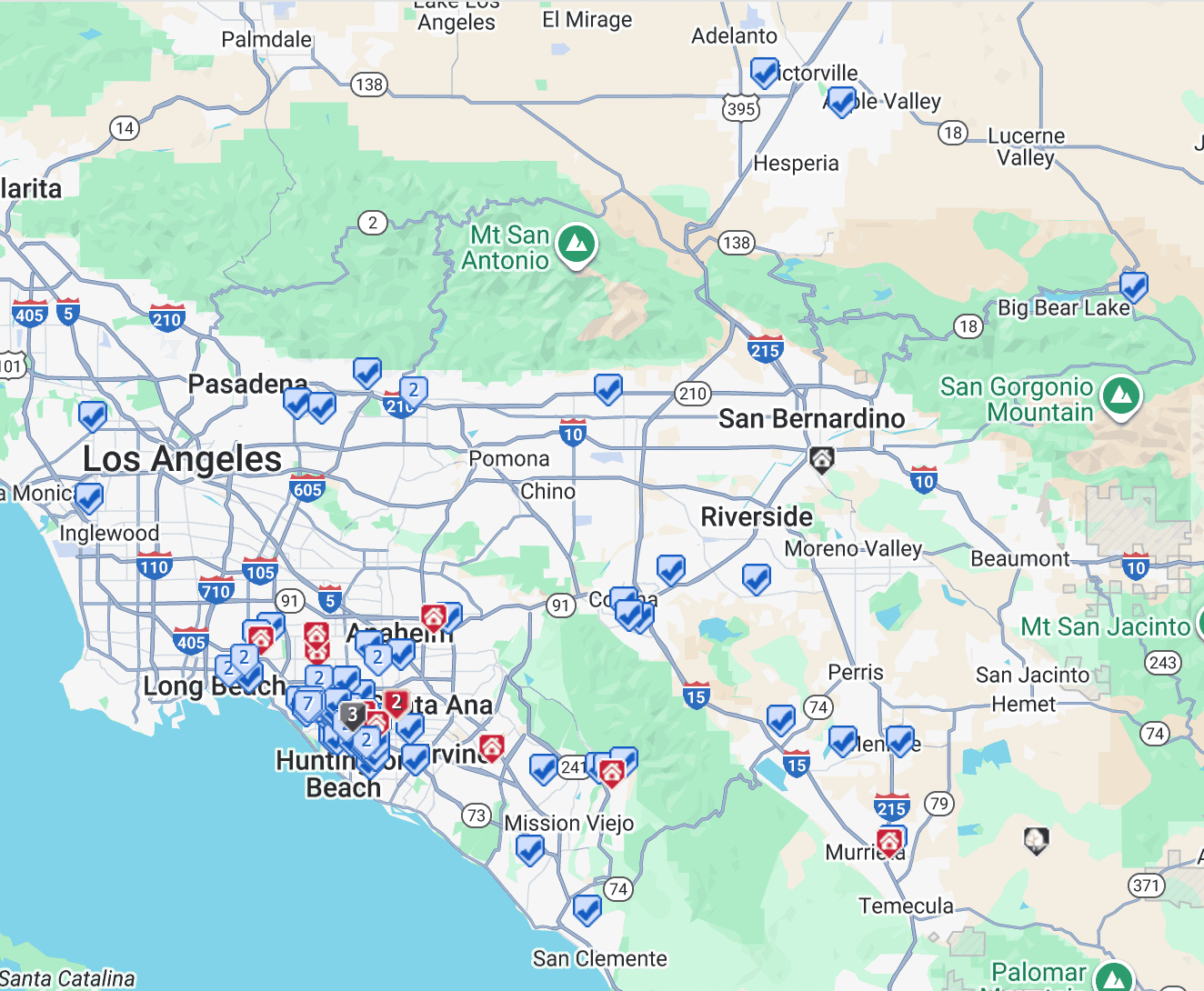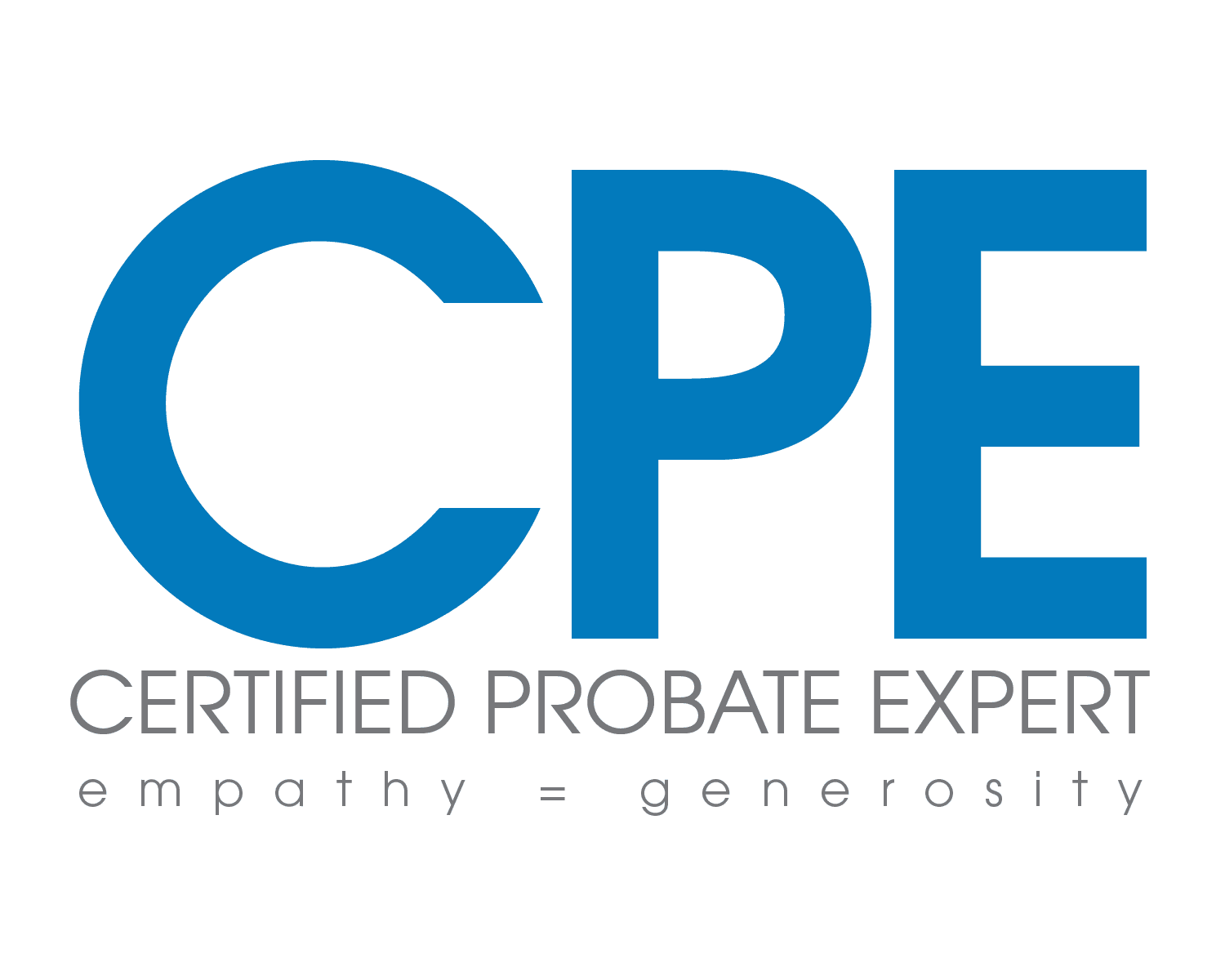
When you inherit assets like a home, stocks, or other investments in California, the step-up basis can significantly reduce your tax burden when you sell those assets. This federal tax rule, which California follows, adjusts the value of inherited assets to their fair market value (FMV) at the time of the original owner’s death. In this blog post, I will break down what the step-up basis is, how it works in California, and key considerations for heirs, including the impact of Proposition 19.
What Is the Step-Up Basis?
The step-up basis is a tax provision that resets the cost basis of an inherited asset. The cost basis is typically the original purchase price of an asset, used to calculate capital gains when you sell it (sale price minus cost basis). When you inherit an asset, the basis is “stepped up” to the FMV at the date of the decedent’s death (or, in some cases, an alternate valuation date six months later). This reduces the capital gains tax you’d owe if you sell the asset.
For example:
Your parent bought a house in California for $100,000 (original basis).
At their death, the house’s FMV is $1,000,000.
You inherit the house with a stepped-up basis of $1,000,000.
If you sell the house for $1,050,000, your taxable capital gain is only $50,000 ($1,050,000 - $1,000,000), not $950,000 ($1,050,000 - $100,000).
This rule applies to assets like real estate, stocks, bonds, and other investments included in the decedent’s taxable estate.
Why the Step-Up Basis Matters in California
California follows federal tax rules for the step-up basis, but its unique tax and property laws add some important nuances:
1. Community Property Advantage
California is a community property state, which provides a tax advantage for married couples. When one spouse dies, both spouses’ shares in community property receive a step-up basis to the FMV at the time of death. For example:
A couple owns a home as community property, originally purchased for $200,000.
At the first spouse’s death, the home’s FMV is $2,000,000.
The entire property (not just the deceased spouse’s half) gets a stepped-up basis of $2,000,000.
If the surviving spouse sells the home for $2,100,000, the capital gain is only $100,000.
This double step-up is a significant benefit compared to non-community property states, where only the deceased spouse’s half of the property gets a step-up.
2. Proposition 13, Proposition 58, and Proposition 19
While the step-up basis reduces capital gains taxes, California’s Proposition 13 governs property tax reassessments. Under Proposition 13, property taxes are based on the property’s assessed value, typically set at the time of purchase, with limited annual increases. Historically, Proposition 58 (and Proposition 193 for grandparents) allowed certain inherited properties—such as a primary residence or other qualifying real estate—to retain the decedent’s lower property tax basis, avoiding reassessment to current market value.
However, Proposition 19, passed in 2020 and effective February 16, 2021, modified these rules significantly:
Primary Residence Transfers: Proposition 19 allows a parent-to-child (or grandparent-to-grandchild) transfer of a primary residence to retain the decedent’s lower property tax basis, but only if the heir uses the home as their primary residence within one year of the transfer. The exclusion applies to the first $1,000,000 of assessed value above the original basis, adjusted biannually for inflation. If the FMV exceeds this limit, the excess is added to the taxable value.
Example: A parent’s home has a taxable basis of $200,000, but its FMV is $1,500,000 at death. If the heir moves in as their primary residence, the first $1,000,000 above the $200,000 basis is excluded, so the new taxable basis is $500,000 ($1,500,000 - $1,000,000 exclusion).
Other Properties: For non-primary residences (e.g., vacation homes or rental properties), Proposition 19 eliminated the Proposition 58 exclusion. These properties are reassessed at their FMV upon transfer, potentially increasing property taxes significantly.
Filing Requirements: To claim the Proposition 19 exclusion, heirs must file a Homeowner’s Exemption or a specific claim form with the county assessor within three years of the transfer or before the property is sold.
Grandparent-to-Grandchild Transfers: These are still eligible, but only if the grandchild’s parents (the decedent’s children) are deceased, and the same primary residence rules apply.
Proposition 19 narrows the property tax benefits for inherited properties, so heirs must carefully evaluate whether they qualify for the primary residence exclusion or face a reassessment.
3. No State-Level Deviations
California conforms to federal rules for the step-up basis, so there are no major state-specific differences for income tax purposes. However, always verify with a tax professional, as state and federal tax laws can evolve.
Limitations and Considerations
While the step-up basis is a powerful tax-saving tool, there are some limitations:
Estate Inclusion: Only assets included in the decedent’s taxable estate qualify for a step-up. Assets in certain irrevocable trusts may not be eligible, depending on the trust’s structure.
Proposition 19 Impact: Heirs inheriting non-primary residences face higher property taxes due to reassessment under Proposition 19, which could influence decisions to keep or sell the property.
Potential Legislative Changes: Proposals to limit or eliminate the step-up basis have been discussed at both federal and state levels. As of May 2025, no such changes have been enacted, but it’s wise to stay informed about tax law updates.
Complex Estates: If the estate involves trusts, multiple heirs, or assets held in different forms (e.g., joint tenancy vs. community property), determining the step-up basis can be complex.
Practical Tips for Heirs
Document the FMV: Work with an appraiser to establish the FMV of inherited assets at the date of death. This is critical for real estate and other high-value assets to determine the stepped-up basis.
Evaluate Proposition 19 Eligibility: If you inherit California real estate, check if the property qualifies for the Proposition 19 primary residence exclusion. Consider whether you can move into the home as your primary residence to avoid a property tax reassessment.
File Necessary Forms: To claim a Proposition 19 or Proposition 58 exclusion, file the required forms with your county assessor promptly to secure the lower property tax basis.
Consult a Professional: Tax laws, especially with Proposition 19’s changes, are intricate. A tax advisor or estate attorney can help you navigate community property rules, trust-held assets, and property tax exclusions.
Plan for Sales: The stepped-up basis can minimize capital gains taxes, but if Proposition 19 triggers a property tax reassessment, factor in the increased costs when deciding whether to keep or sell the property.
Conclusion
The step-up basis is a valuable tax benefit for California heirs, reducing capital gains taxes on inherited assets. In a community property state like California, the rule is especially advantageous for married couples, as both spouses’ shares in community property receive a step-up. However, Proposition 19 has tightened property tax rules, limiting exclusions to primary residences and potentially increasing taxes on other inherited properties. By understanding these rules and planning carefully, heirs can maximize their inheritance’s value.
If you’re an heir or planning your estate, consult a tax or estate planning professional to ensure you’re making the most of the step-up basis and navigating California’s complex tax landscape, including Proposition 19.
If you need any help or guidance do not hesitate to reach out. Simply send us a message or book an appointment.








